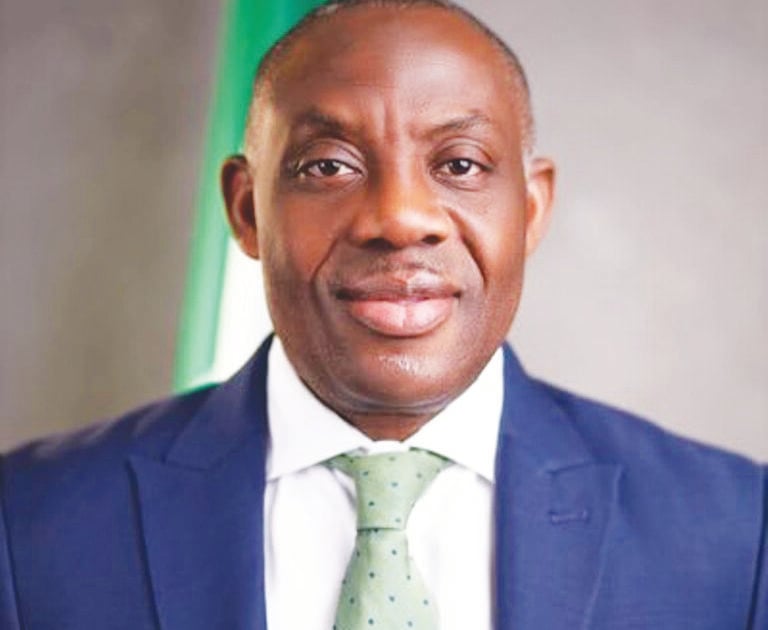The Federal Government has unveiled a landmark initiative aimed at entrenching transparency, accountability, and efficiency in Nigeria’s tertiary education system with the official launch of the Federal Government Tertiary Institution Governance and Transparency Platform.
Speaking at the event in Abuja on Tuesday, the Minister of Education, Dr. Tunji Alausa, described the platform as a “major milestone” in the nation’s efforts to promote good governance, restore public trust, and enable data-driven decision-making in the education sector.
According to the minister, the initiative will serve as a unified digital platform providing real-time access to accurate data and financial information across all tertiary institutions in Nigeria.
He explained that the platform is designed to eliminate the long-standing fragmentation of institutional data, which he said had hindered effective planning and accountability for decades.
“For the first time, Nigeria will have a single, nationwide source of verified information on students’ enrolment, government funding-capital, recurrent, and personnel, research grants, TETFund allocations, NELFund interventions, and key performance indicators for benchmarking institutions,” Alausa announced.
He explained that the platform aligns with President Bola Ahmed Tinubu’s Renewed Hope Agenda, particularly the administration’s drive for transparency and accountability across public institutions.
“The FTIGTP is a fulfilment of President Tinubu’s commitment to open governance. Nigerians will now be able to see how public resources are allocated and utilised in our tertiary institutions,” he stated.
The minister emphasised that the platform would not only strengthen public confidence but also improve efficiency in the management of educational resources and foster innovation across universities, polytechnics, and colleges of education.
He listed several benefits for tertiary institutions, including:” Improved planning and budgeting capacity; Stronger partnerships with industry and development partners; Enhanced credibility for international collaborations; Accurate and timely reporting to government authorities and greater competitiveness through performance benchmarking.
For the government, he added, the FTIGTP would ensure evidence-based policymaking, stronger monitoring mechanisms, and better value for public investment in the education sector.
Dr. Alausa further noted that compliance would be mandatory for all institutions, warning that: Data submission must be completed annually in the first quarter; Financial reporting on the platform will form part of institutional performance evaluation by local and international partners; Funding, support, and interventions will henceforth be tied to transparency and accountability metrics and a clearance certificate from the Director of ICT will be required before any TETFund ICT intervention is released to an institution.
“The FTIGTP is not just a digital tool; it is a reform instrument—one that will drive transparency, efficiency, and results-based management across the entire tertiary education system,” the minister asserted.
The Federal Ministry of Education earlier stated that the move is meant to plug the long‑standing opacity that’s plagued Nigeria’s higher‑education sector and to bring the country in line with global best practices.
From now on, each institution must post its annual budgetary allocation, breaking the numbers down into personnel costs, overheads and capital expenditure.
They also have to disclose research‑grant revenue, separating domestic funds from international sources, and show the exact amount they receive from the Tertiary Education Trust Fund for the current year.
The value of each school’s endowment fund must be updated quarterly, and the total student population—split between undergraduates and postgraduates—has to be visible for anyone who clicks the site .
The ministry says the portal is more than a compliance exercise; it’s a cornerstone of a broader reform agenda aimed at restoring public trust, sharpening performance‑based funding and lifting Nigeria’s rankings on the world education stage.
By putting these figures out in the open, the government hopes to curb mismanagement, give parents and students a clearer picture of where their money goes, and create a healthier environment for research and teaching. To make sure nobody slips through the cracks, the Ministry of Education will carry out regular website audits.









